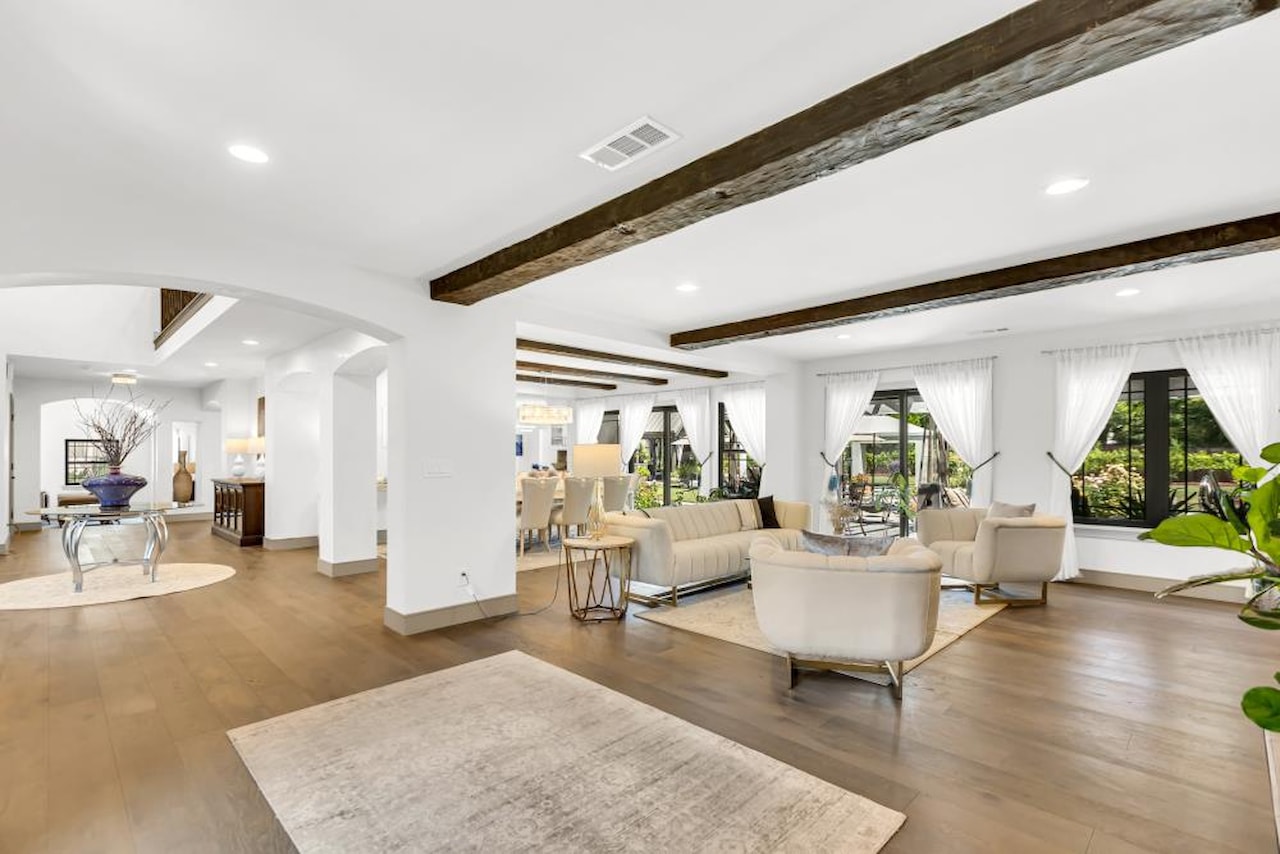When considering homeownership in Sacramento, California, it’s essential to understand the unique regulations that can affect your property. From historical preservation guidelines to water restrictions, Sacramento has a variety of quirky laws designed to maintain the city’s character, conserve resources, and ensure the well-being of its residents. This blog will explore some of these distinctive regulations, offering insights into what homeowners need to know to stay compliant and make the most of their property.
Historical Preservation Guidelines
Sacramento is a city rich in history, and many of its neighborhoods feature beautiful, historic homes. To preserve this architectural heritage, Sacramento has strict historical preservation guidelines that homeowners must follow.
1. Preservation Districts
Sacramento has several historic districts, including Old Sacramento, the Sacramento Boulevard Park Historic District, and the Alkali Flat Historic District. Homes within these areas are subject to specific regulations to maintain their historical integrity.
- Exterior Modifications: Any exterior changes to a historic property, such as repainting, replacing windows, or adding new structures, require approval from the city’s Preservation Commission. Homeowners must submit detailed plans and ensure that modifications are in keeping with the historical character of the neighborhood.
- Demolition Restrictions: Demolishing a historic property or significant portions of it is generally prohibited unless the homeowner can prove that the structure is beyond repair or poses a safety hazard. This rule ensures that Sacramento’s historical architecture is preserved for future generations.
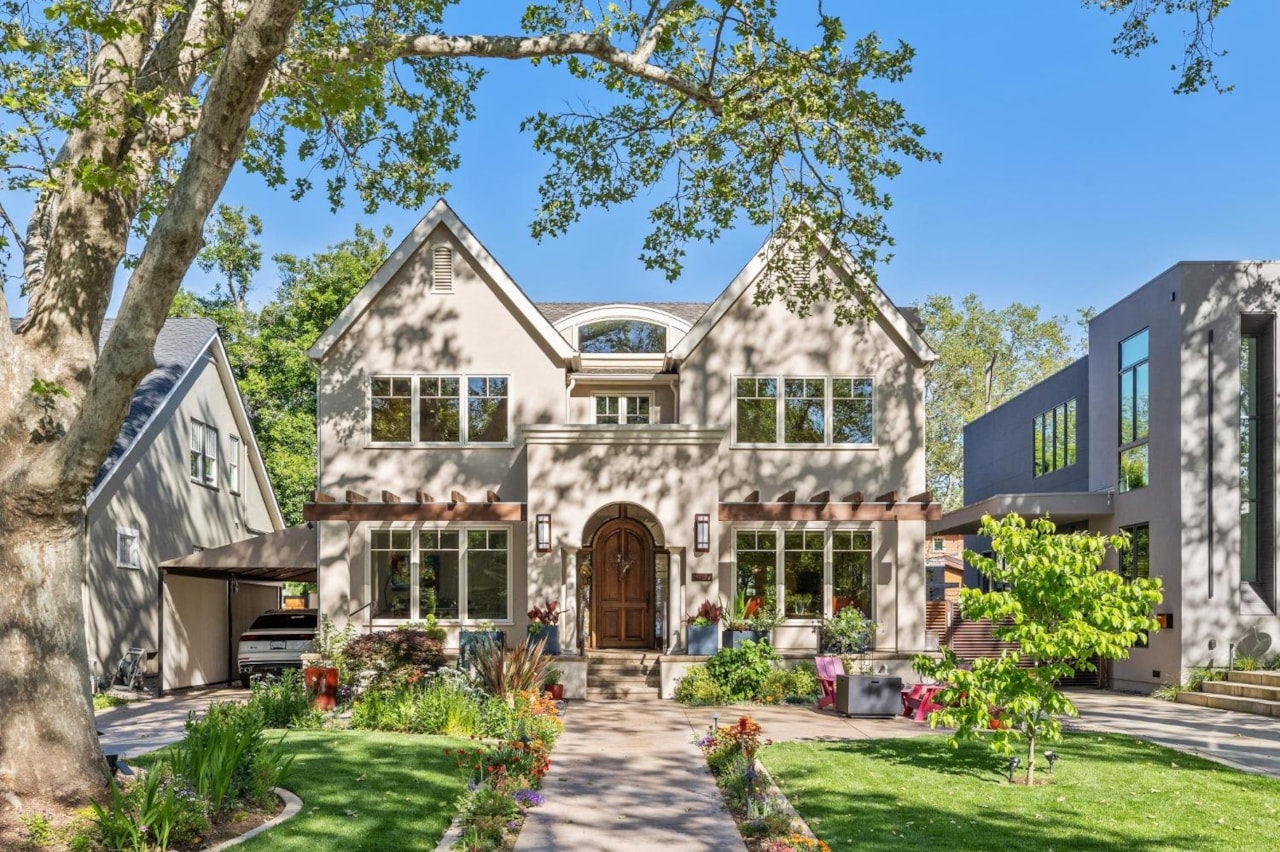
2. Design Standards
Properties in historical districts must adhere to specific design standards. These standards cover various aspects of the property, including materials, colors, and architectural details.
- Materials: Homeowners must use materials that are historically accurate and appropriate for the period of the home. For example, vinyl siding is typically not permitted, while wood siding that matches the original construction is encouraged.
- Architectural Details: Elements such as trim, cornices, and porch designs must align with the historical style of the home. Replacing or adding such features requires careful planning and approval.

Water Restrictions
Water conservation is a critical issue in California, and Sacramento has implemented several water restrictions to ensure sustainable use of this precious resource. Homeowners need to be aware of these regulations to avoid fines and contribute to the city’s conservation efforts.
1. Watering Schedules
Sacramento has specific rules regarding when residents can water their lawns and gardens. These schedules are designed to reduce water waste and promote efficient use.
- Time Restrictions: Watering is typically allowed only on certain days of the week, depending on your address. For example, odd-numbered addresses may water on Tuesdays and Saturdays, while even-numbered addresses can water on Wednesdays and Sundays.
- Time of Day: To minimize evaporation, watering is usually restricted to early morning or late evening hours. Watering between 10 a.m. and 7 p.m. is often prohibited.
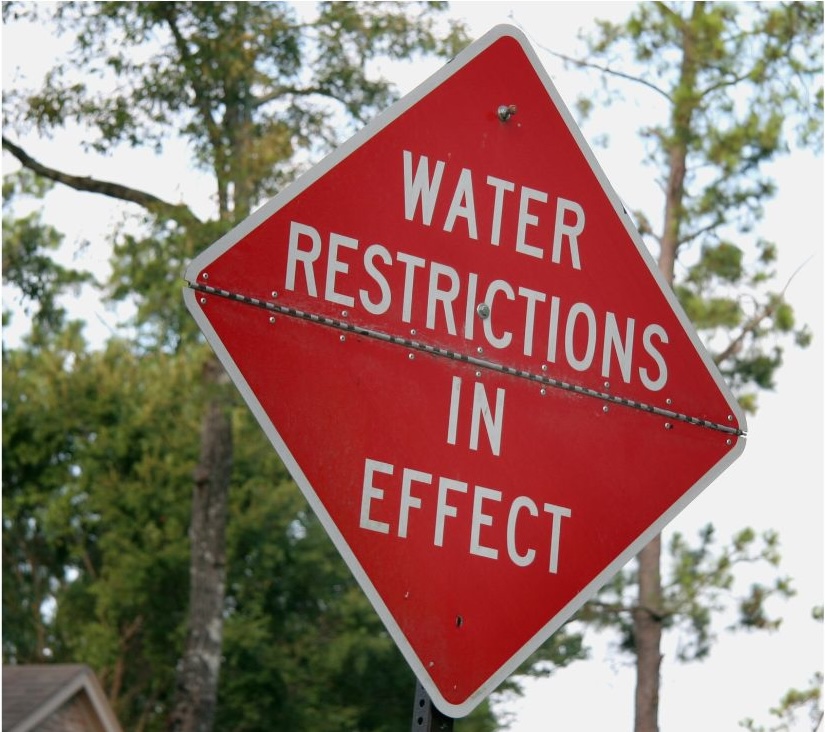
2. Drought Measures
During periods of drought, Sacramento may implement additional water-saving measures.
- Limitations on New Plantings: Homeowners may be restricted from planting new lawns or gardens that require significant watering. Instead, they are encouraged to use drought-resistant plants and xeriscaping techniques.
- Pool and Spa Regulations: Filling new pools and spas or refilling existing ones may be limited during drought conditions. Homeowners are encouraged to use pool covers to reduce water loss through evaporation.

Tree Preservation
Sacramento is known as the “City of Trees,” and it takes its urban forest seriously. Homeowners need to be aware of the regulations surrounding tree preservation, which aim to protect and maintain the city’s extensive tree canopy.
1. Heritage Trees
Certain trees in Sacramento are designated as heritage trees due to their size, age, or historical significance. These trees are given special protection under city ordinances.
- Permit Requirements: Removing or significantly pruning a heritage tree requires a permit from the city. Homeowners must provide a valid reason for the removal or pruning and may be required to plant replacement trees.
- Fines: Unauthorized removal or damage to heritage trees can result in substantial fines, reflecting the value placed on these important natural resources.
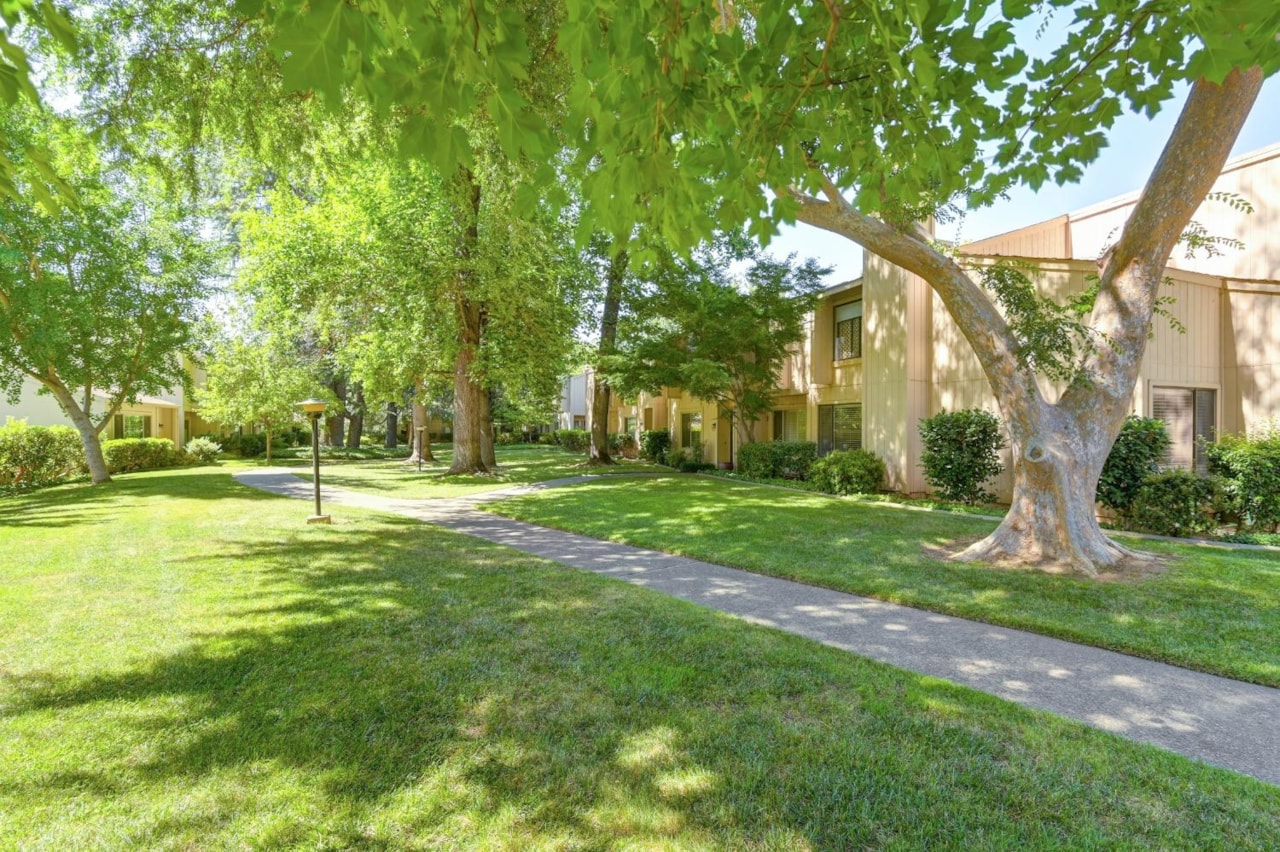
2. Tree Planting and Maintenance
Sacramento encourages residents to plant and care for trees on their property and in the public right-of-way.
- Planting Guidelines: Homeowners must follow city guidelines when planting trees, ensuring they choose appropriate species and planting locations. The city provides a list of recommended tree species that thrive in the local climate and contribute to the urban canopy.
- Maintenance Responsibilities: Property owners are responsible for maintaining trees on their property and adjacent public spaces, including pruning and watering. The city offers resources and workshops to help residents care for their trees properly.
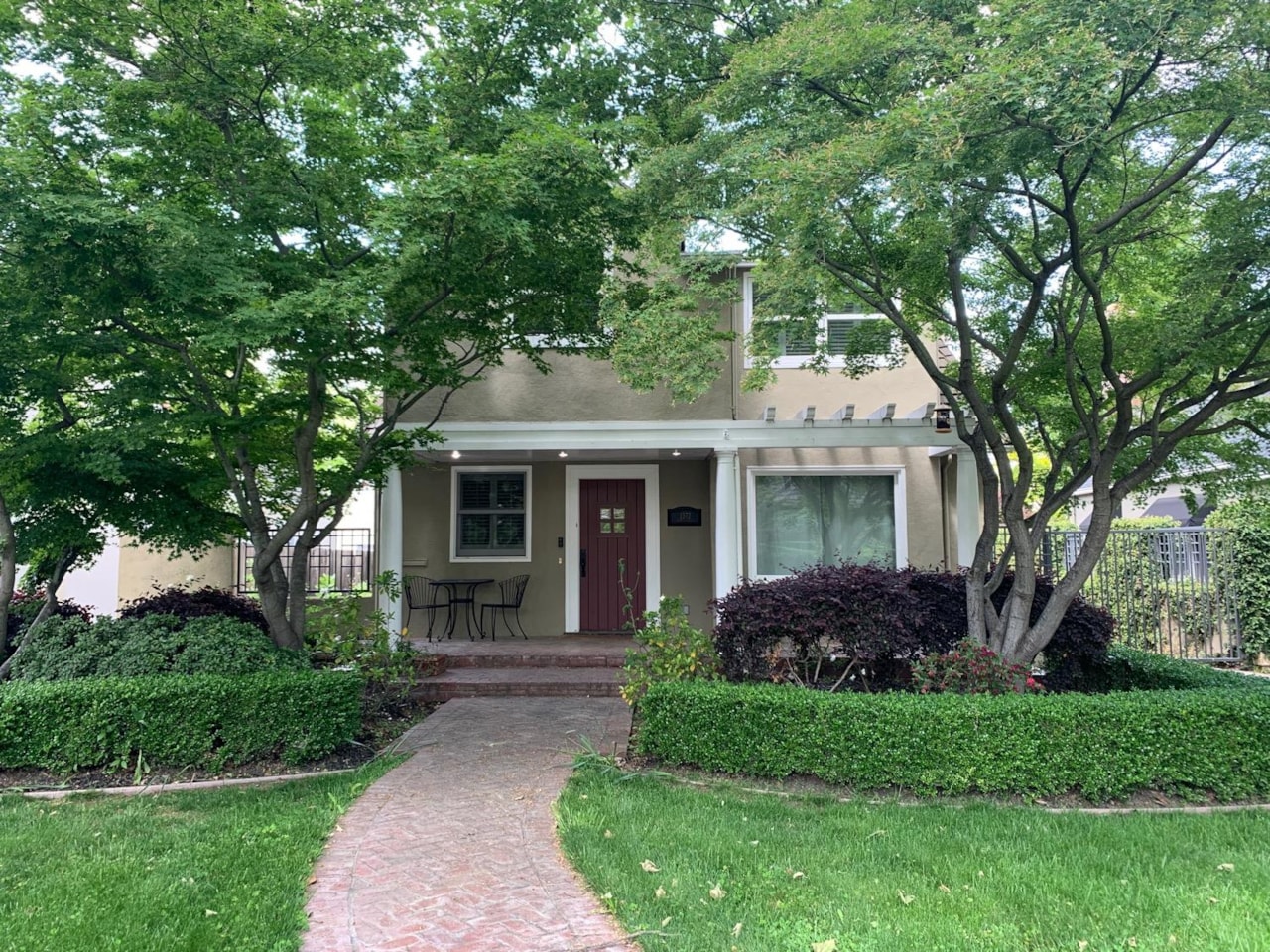
Noise Ordinances
Noise regulations in Sacramento aim to balance the needs of residents to enjoy peace and quiet with the city’s vibrant urban environment. Homeowners should be aware of these rules to avoid conflicts with neighbors and potential fines.
1. Residential Noise Limits
Sacramento has established noise limits for residential areas to ensure a peaceful living environment.
- Daytime and Nighttime Limits: Noise levels are typically more restrictive during nighttime hours. For example, daytime noise limits might allow for louder activities up to 60 decibels, while nighttime limits might cap noise at 50 decibels.
- Common Noise Sources: Activities such as lawn mowing, construction, and loud music are regulated. Homeowners should schedule noisy tasks during permitted hours and be mindful of their noise levels, especially at night.

2. Construction Noise
If you plan to undertake home renovations, be aware of the rules governing construction noise.
- Permitted Hours: Construction noise is generally allowed only during specific hours, such as 7 a.m. to 6 p.m. on weekdays and 9 a.m. to 5 p.m. on weekends. Homeowners must ensure that contractors adhere to these schedules.
- Noise Mitigation: In some cases, homeowners may need to take additional measures to mitigate construction noise, such as using quieter equipment or sound barriers.

Short-Term Rental Regulations
With the rise of platforms like Airbnb and VRBO, short-term rentals have become a popular option for homeowners looking to earn extra income. Sacramento has specific regulations governing short-term rentals to ensure they do not negatively impact the community.
1. Registration and Permits
Homeowners must register their short-term rental properties with the city and obtain the necessary permits.
- Registration: This process includes providing details about the property, paying a registration fee, and agreeing to comply with local regulations.
- Permits: Depending on the type of rental (entire home vs. room in a home), different permits may be required. Homeowners must display their permit number in all rental listings.

2. Occupancy Limits and Safety Requirements
To ensure the safety and comfort of guests and neighbors, Sacramento imposes occupancy limits and safety standards on short-term rentals.
- Occupancy Limits: The number of guests allowed in a short-term rental is typically based on the size of the property and the number of available bedrooms. Overcrowding can result in fines and permit revocation.
- Safety Standards: Homeowners must ensure that their rental property meets all safety requirements, including working smoke detectors, carbon monoxide detectors, and fire extinguishers. Regular inspections may be required to maintain compliance.

Rent Control and Tenant Protections
Sacramento has implemented rent control measures and tenant protection laws to ensure fair housing practices and protect tenants from excessive rent increases and unfair evictions.
1. Rent Control Ordinance
Sacramento’s rent control ordinance limits the amount by which landlords can increase rent each year.
- Annual Cap: Rent increases are capped at a specific percentage, typically tied to the Consumer Price Index (CPI) but not exceeding a maximum limit, such as 5% per year. This helps to prevent sudden, unaffordable rent hikes.
- Exemptions: Certain properties, such as newer buildings or single-family homes, may be exempt from rent control regulations. Homeowners should verify whether their property falls under these exemptions.

2. Tenant Protections
In addition to rent control, Sacramento has enacted laws to protect tenants from unfair evictions and ensure their rights are upheld.
- Just Cause Evictions: Landlords must provide a valid reason, such as non-payment of rent or violation of lease terms, to evict a tenant. No-fault evictions require relocation assistance to be provided to the tenant.
- Notice Requirements: Landlords must provide adequate notice for rent increases and evictions, ensuring tenants have time to prepare and seek assistance if needed.

Final Thoughts
Understanding Sacramento’s unique laws and regulations is crucial for homeowners looking to maintain and enhance their property while staying compliant with local ordinances. From preserving the historical charm of the city’s neighborhoods to conserving water and protecting trees, these quirky laws reflect Sacramento’s commitment to sustainability, heritage, and quality of life. By staying informed and adhering to these regulations, homeowners can contribute to the well-being of their community and enjoy the many benefits of living in this vibrant and diverse city.
If you are looking to buy or sell your home in Sacramento get in touch with us to discuss your options.




